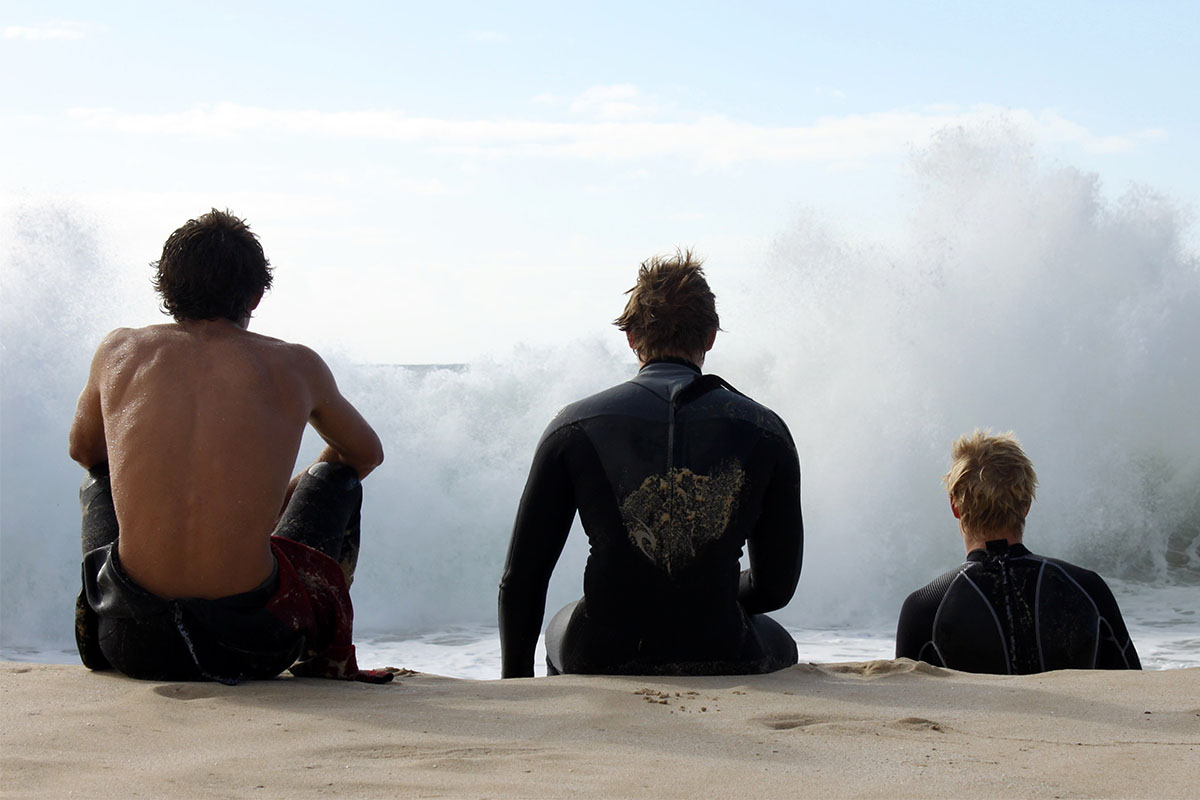Over the last few years, as researchers have publicized the perils of a sedentary, screen-heavy lifestyle, the catchphrase “sitting is the new smoking” has picked up some steam.
It’s a tad bombastic — never underestimate how bad smoking is for your body and brain — but constant sitting does disrupt the body’s ability to break down body fat, while slowing metabolism and elevating blood pressure. In identifying a “new smoking,” though, we might have to look elsewhere: to loneliness.
A well-known meta-analysis linked loneliness with increased risk of heart disease and depression and determined that lonely living is as dangerous as smoking 15 cigarettes a day. How is that possible? Well, loneliness weakens the immune system, propagates inflammation in cells and builds plaque in the arteries. Both loneliness (a subjective state of stress) and social isolation (an objective physical situation) take years off our lives, while making the years we do have much more difficult.
Unsurprisingly, two years of mandated social distancing and impersonal Zoom calls haven’t helped ease the specter of loneliness. Even before the pandemic arrived, therapists and researchers were weighing in on the male “friendship crisis,” a trend that most acutely intersects with cisgender, heterosexual men. This demographic of men tends to have very few friends. They lose many as they get older and start families, they have trouble making new ones, and they often rely on “couple friends” — the significant others of their significant other’s best friends — in order to maintain some semblance of a social network outside of work.
But while we can all agree that these guys need more people to talk to, how many should they be shooting for? From a well-being perspective, is there a correct number of friends to have?
The research is unclear on this point because the topic is so personal. What, after all, constitutes a friend? What constitutes a “close” friend? Still, renowned evolutionary psychologist Robin Dunbar suggests five close friends, followed by circles of secondary and tertiary friends and acquaintances (comprising a network, in his opinion, that shouldn’t extend past 150 people).
As reported by The New York Times, the latest studies generally reach the same conclusion: six or so close friends for healthier, happier living. It’s up to you, though, to define closeness. What sort of support, attention and reciprocity do you expect from a close friend? Keep in mind, too, that it’s very possible to spend time with people who bring out our worst qualities — and the manipulative, crabby, jealous types (while technically still human beings!) aren’t going to tack on any years to your life. They’ll just shift your situation from one of loneliness to stress.
Some research suggests that it takes 200 hours to make a close friend. Assuming you catch up with the person for a couple hours each time you see them, spaced out over weeks and months where both of you are actually free, it could take a year or more to make a close friend. By that point, you should have a pretty solid idea of how this person treats others and how you feel after you spend time with them.
It might feel odd to reverse-engineer friendships, after a full childhood and adolescence of making them without even trying, but it’s worth it. Start by rekindling old friendships, especially now that we’ve emerged from two years of alone time. From there, consider taking classes or joining clubs, and meeting others with an open mind. While the latter may not solve your loneliness right away, it’ll end your social isolation and put you in the right direction.
Is loneliness the new smoking? Maybe. But the crucial difference is there’s nothing addicting about sitting around feeling sorry for yourself. Now more than ever, find the time to bring others back into your life.
The Charge will help you move better, think clearer and stay in the game longer. Subscribe to our wellness newsletter today.


















